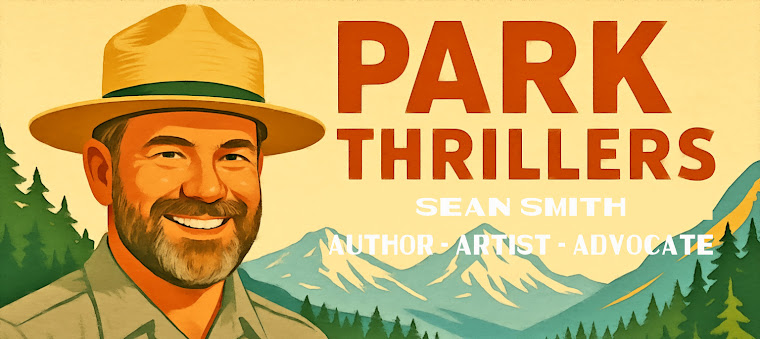 |
| Rachel Carson ~ USFWS |
Rachel Carson was born in 1907 in Pennsylvania, USA. From a young age, she displayed a deep affinity for the natural world, spending hours exploring the woods and fields near her home. Her passion for biology led her to study marine biology at Johns Hopkins University, where she earned a master's degree in zoology.
Carson's journey to becoming a renowned environmentalist was fueled by her profound concern for the well-being of our planet. During her tenure as a biologist and writer for the U.S. Fish and Wildlife Service, she began to witness the devastating effects of pesticides, particularly DDT, on ecosystems and wildlife.
Her unwavering commitment to truth and justice in the face of formidable opposition sets Rachel apart as a hero. She recognized, when others didn't, the urgent need to address indiscriminate pesticide use and its profound environmental impact. Instead of shying away from the challenge, Carson dove headfirst into research, meticulously documenting the harmful effects of pesticides on ecosystems.
Her groundbreaking work culminated in the publication of "Silent Spring" in 1962, a seminal book that exposed the dangers of pesticide use and sparked a global environmental movement. Carson's willingness to stand up to powerful corporations and government entities who sought to suppress her findings demonstrated her immense courage and integrity.
In "Silent Spring," Carson fearlessly called out the corrupt relationship between pesticide manufacturers and government regulators, shedding light on the collusion that allowed dangerous chemicals to be unleashed into the environment with little regard for the consequences. Her bold stance against these vested interests was a rallying cry for environmental activists everywhere.
Rachel was also uniquely able to distill complex scientific information into accessible language for the general public. Through her eloquent prose and meticulous research, she empowered people to understand the gravity of environmental issues and inspired them to take action.
Carson's impact on the planet continues to reverberate today. Her work created a paradigm shift in how we approach environmental regulation, prompting regulatory agencies to incorporate information on human actions' immediate and long-term consequences on ecosystems and human health.
As we reflect on Rachel Carson's legacy during Women’s History Month, let us celebrate her achievements and recognize the ongoing relevance of her message. Her courage, determination, and unwavering commitment to environmental justice are enduring inspirations for generations to come. Honoring her legacy, we reaffirm our collective responsibility to protect and preserve our planet for today and tomorrow.


No comments:
Post a Comment